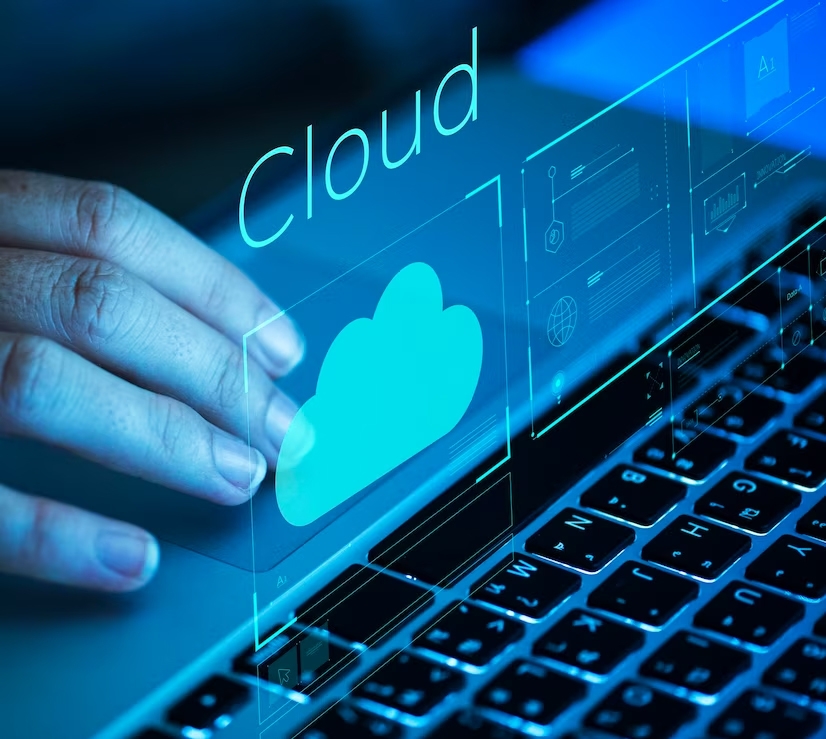Salesforce Security: Safeguarding Your Data and Applications

Data security is of paramount importance for organizations across all industries.
Salesforce, a leading customer relationship management (CRM) platform, holds a wealth of sensitive customer data and critical business information.
This article delves into the significance of Salesforce security, key security features provided by the platform, and best practices to enhance the security of your Salesforce environment.
Salesforce security is critical for several reasons
1.Data Protection: Salesforce stores vast amounts of customer data, including personal information, financial records, and confidential documents. Robust security measures are necessary to prevent unauthorized access, data breaches, and potential misuse of this valuable data.
2.Regulatory Compliance: Many industries are subject to strict regulations regarding data privacy and security. Adhering to these regulations within your Salesforce environment helps ensure compliance and minimizes the risk of penalties and legal consequences.
3.Customer Trust: Customers expect their personal and business information to be handled securely. By implementing strong security measures, you build trust and confidence among your customers, partners, and stakeholders, fostering long-term relationships.
Key Salesforce Security Features
Salesforce offers a range of built-in security features to protect your data and applications. These include:
1.User Authentication and Access Control: Salesforce provides robust authentication mechanisms, such as username/password, multi-factor authentication (MFA), and Single Sign-On (SSO). You can control user access to data and functionalities through permission sets, profiles, and roles, ensuring that users have appropriate levels of access based on their roles and responsibilities.
2.Data Encryption: Salesforce employs encryption to protect data both at rest and in transit. Data at rest is encrypted using strong encryption algorithms, such as AES-256, ensuring that even if unauthorized access occurs, the data remains unintelligible. Data in transit is protected through the use of SSL/TLS protocols, securing data as it travels between Salesforce and user devices.
3.Event Monitoring and Audit Trails: Salesforce enables you to monitor user activity and track changes through event monitoring and audit trails. These logs provide visibility into user actions, system events, and data modifications, helping identify suspicious activities, unauthorized access attempts, and potential security breaches.
- Application Security: Salesforce offers various security measures to protect your custom applications and code. These include secure coding practices, security reviews, and the use of features like Apex sharing rules, CRUD/FLS (Create, Read, Update, Delete/Field Level Security), and Visualforce pages security.
5.Data Backup and Recovery: Salesforce automatically performs daily backups of your data, ensuring that you have the ability to recover information in the event of data loss, corruption, or system failures. Additionally, Salesforce provides options to export data for additional backups and redundancy.
Best Practices for Salesforce Security
To enhance the security of your Salesforce environment, consider the following best practices:
1.User Access Management: Implement strong authentication measures such as MFA and regularly review user access privileges to ensure that permissions align with users' roles and responsibilities. Promptly revoke access for terminated employees or individuals who no longer require system access.
2.Data Classification and Privacy Controls: Classify your data based on its sensitivity and implement appropriate privacy controls. Utilize Salesforce features such as data masking, field-level security, and data loss prevention (DLP) policies to protect sensitive information and ensure data confidentiality.
3.Regular Monitoring and Logging: Continuously monitor user activity, system logs, and event records to detect and respond to any suspicious behaviour or unauthorized access attempts promptly. Implement
Protecting this data and ensuring the security of your Salesforce applications is vital to maintain trust, comply with regulations, and safeguard your organization's reputation.
Resources:
https://security.salesforce.com/
https://help.salesforce.com/s/articleView?id=sf.overview_security.htm&type=5